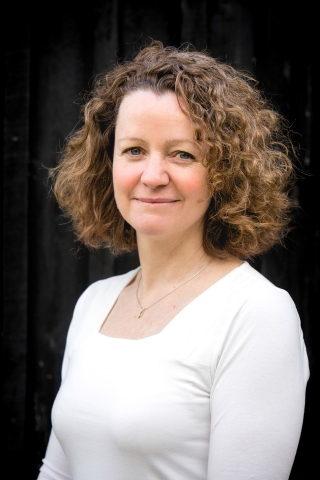
Davina Anderson, European and RCVS Recognised Vet Specialist at Anderson Moores Veterinary Specialists
New Treatment Centre For Cats With Hyperthyroidism
A leading referral centre in Hampshire has been given the green light to build a new treatment centre for cats with hyperthyroidism.
Anderson Moores Veterinary Specialists is hoping to have the facility, which will use radio-iodine therapy to treat the condition, completed within three months at its base near Winchester.
The new centre will be one of only 11 in the UK and will look to reduce the waiting time for cats with the condition to receive treatment.
Davina Anderson, European and RCVS Recognised Vet Specialist at Anderson Moores Veterinary Specialists, said: “We’re delighted to be able to get the go-ahead to build this facility and will start construction work imminently.
“Radio-iodine therapy is the gold standard of treatment for hyperthyroidism in cats, far exceeding the results seen with surgery or oral medication.
“We intend to offer a service tailor-made to each individual cat and their family, with their clinical history and circumstances screened before they travel to us.
“This is to ensure that treatment with radio-iodine therapy is the correct therapeutic decision.
“The ten other centres in the UK providing this treatment are spread few and far between, and we hope that opening this facility will help to reduce waiting lists for cats awaiting treatment, particularly across southern England.”
The centre at Anderson Moores will be run and managed by Boarded Specialists in Internal Medicine, supported by Boarded Cardiologists and highly qualified nurses.
It will also have the capacity to address other clinical concerns, if necessary.
“Cats that are presented with hyperthyroidism are older, more fragile and potentially have other concurrent conditions. It’s very rare for a cat under seven years of age to develop hyperthyroidism,” added Davina.
“The treatment of cats with hyperthyroidism involves a single injection of radioactive iodine, followed by isolation in a radiation-proof facility for two weeks.
“Cats usually respond extremely well to treatment, and if the condition is recognised early and treated appropriately, then the outlook for the affected cat is generally very good.
“Which is why this new facility at Anderson Moores is something positive for cats in the UK.”

 10 years ago
10 years ago  1753 views
1753 views